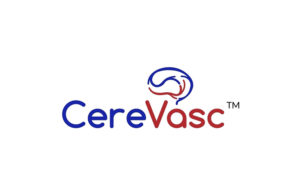 CereVasc announced today that it received FDA investigational device exemption (IDE) approval to begin a pivotal study of its eShunt.
CereVasc announced today that it received FDA investigational device exemption (IDE) approval to begin a pivotal study of its eShunt.
The FDA said the Boston-based company can initiate the STRIDE pivotal study looking at eShunt in treating normal pressure hydrocephalus. IDE approval allows the company look at the novel system’s safety and efficacy. The study compares eShunt to the ventriculo-peritonal (VP) shunt, the current standard of care.
According to a news release, Dr. Charles Matouk will be the principal investigator for the STRIDE study. Matouk serves as chief of neurovascular surgery at Yale New Haven Health.
“I am thrilled to participate in and lead the STRIDE study,” Matouk said. “Our experience with the eShunt system in pilot clinical studies has been extremely encouraging and I believe the STRIDE study has the potential to provide us the information we need to begin more widespread use of the eShunt system.”
eShunt offers a minimally invasive treatment with the potential to result in benefits over the current gold-standard treatment, according to CereVasc. It includes an endovascularly implantable cerebral spinal fluid (CSF) shunt and delivery components.
CereVasc initiated a pilot study of its eShunt system under IDE in August 2022. Last September, it picked up a separate IDE supplement for a study of the next-generation eShunt system.
“FDA approval of the STRIDE study is a significant milestone for CereVasc. The team has worked tirelessly to develop the eShunt system and we believe STRIDE will result in clinical data to support the use of our system in the treatment of patients with normal pressure hydrocephalus (NPH),” said Dan Levangie, CereVasc chair & CEO. “We believe there is a significant unmet need in the treatment of NPH, and we are grateful for the work of our clinician collaborators, advisors and partners to develop this protocol.”

